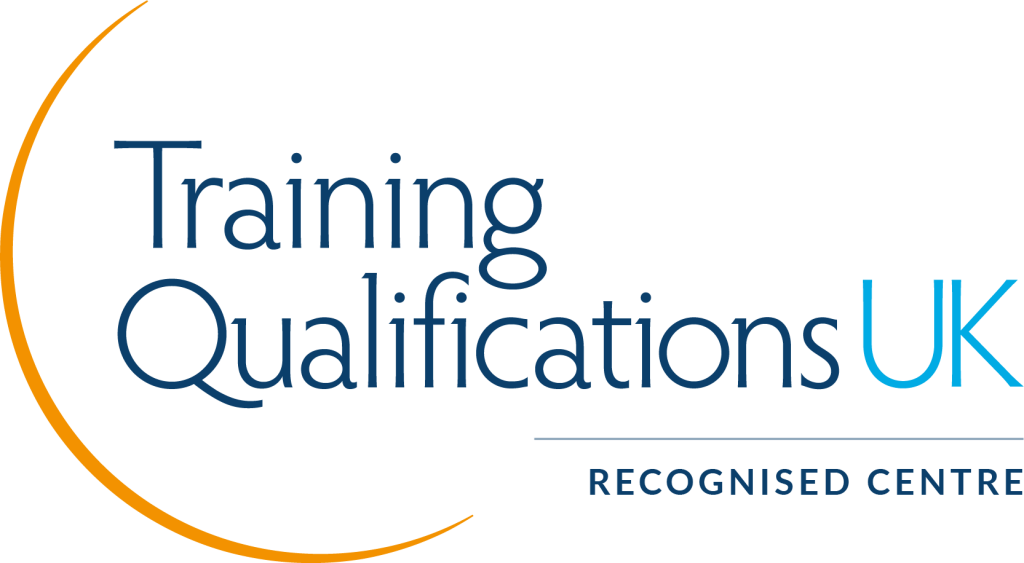Embarking on a career as an Assessor in the UK involves evaluating individuals’ skills and knowledge against established standards, often within vocational and educational settings. Assessors play a crucial role in ensuring that learners meet the required competencies in their respective fields. Here’s a comprehensive guide to help you understand the role, responsibilities, necessary qualifications, essential skills, and recommended courses to set you on the right path.
What is an Assessor?
An Assessor evaluates learners’ performance and knowledge in a specific subject area, ensuring they meet the required standards for qualifications or professional competencies. This role is vital in vocational education, apprenticeships, and various professional development contexts.
Main Roles and Responsibilities
As an Assessor, your duties may include:
- Planning Assessments: Designing assessment activities that align with the relevant standards and learning objectives.
- Conducting Assessments: Evaluating learners’ skills and knowledge through observations, assignments, tests, or practical activities.
- Providing Feedback: Offering constructive feedback to learners to guide their development and improvement.
- Recording Results: Maintaining accurate records of assessments and decisions, ensuring compliance with regulatory requirements.
- Collaborating with Educators: Working closely with trainers, teachers, and other stakeholders to support learners’ progress.
Qualifications Needed
To become an Assessor, the following qualifications are typically required:
- Occupational Competence: Demonstrated experience and qualifications in the field you wish to assess.
- Assessor Qualification: A recognised qualification, such as the Level 3 Certificate in Assessing Vocational Achievement (CAVA), which equips you with the skills to assess both occupational competence in the workplace and vocational skills in learning environments.
Skills Needed
Successful Assessors possess a range of skills, including:
- Analytical Skills: The ability to evaluate evidence against set criteria accurately.
- Communication: Clear and effective communication with learners and colleagues.
- Attention to Detail: Ensuring assessments are conducted fairly and records are meticulously maintained.
- Organisational Skills: Managing assessment schedules and documentation efficiently.
- Interpersonal Skills: Building rapport with learners to facilitate a supportive assessment environment.
Suggested Courses
To gain the necessary qualifications, consider the following courses:
- TQUK Level 3 Certificate in Assessing Vocational Achievement (RQF): This comprehensive qualification is designed for individuals aiming to assess both occupational competence in the workplace and vocational skills in environments such as workshops or classrooms. It covers understanding the principles and practices of assessment, assessing occupational competence, and assessing vocational skills, knowledge, and understanding.
- TQUK Level 3 Award in Understanding the Principles and Practices of Assessment (RQF): This qualification provides foundational knowledge of assessment principles and practices without requiring practical assessment components. It’s ideal for those seeking to understand assessment processes comprehensively.




